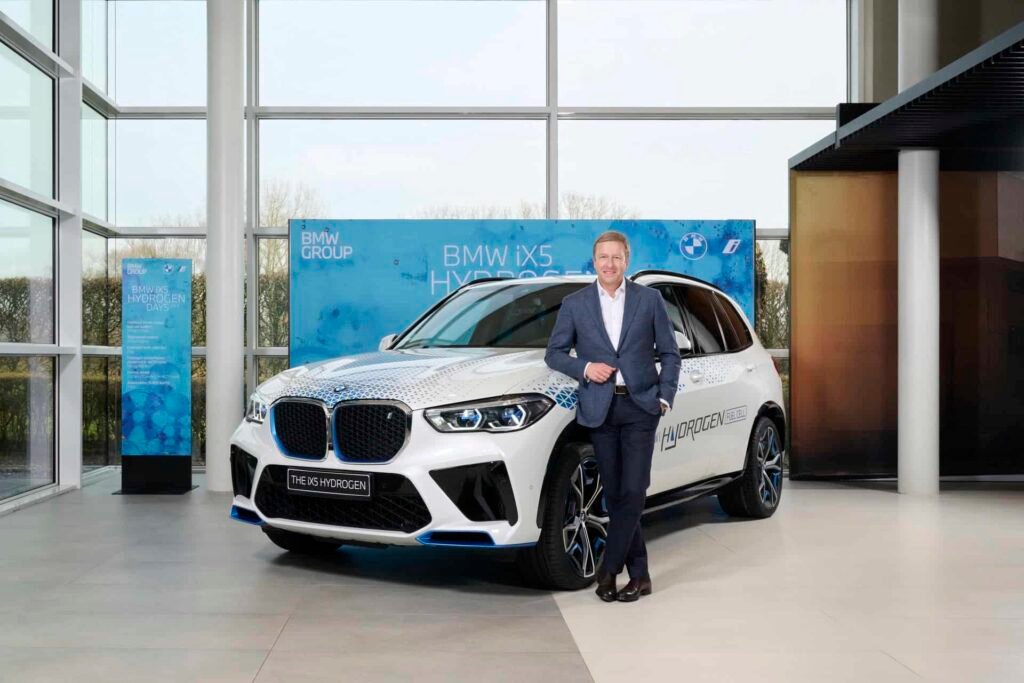Forward of the revealing of BMW’s all-new electrical platform, CEO Oliver Zipse delivered a sober warning: the automotive business “can’t afford to make errors.” As conventional producers shift to electrical autos, Zipse sees a decisive “choice course of” underway. BMW is putting its bets on its overhauled Neue Klasse collection—a technique first set in movement 5 years in the past.
The primary manufacturing mannequin from this bold venture, the totally electrical iX3, is poised for its official debut on the IAA Mobility auto present in Munich subsequent month. Zipse informed Spiegel that the Neue Klasse represents an important pillar in BMW’s effort to compete with corporations like Tesla and keep its foothold in a quickly evolving market.
Trade consultants emphasize the load of BMW’s gamble. Stefan Bratzel, head of the Centre of Automotive Administration, characterised the funding as a “billion-euro wager” that “doesn’t go down the drain,” notably for a comparatively modest producer like BMW. Given the capital depth and market volatility of electrification, the dangers are palpable.
BMW’s technique additionally contains flexibility somewhat than all-in EV focus. Whereas the Neue Klasse will kind the spine of its electrical automobile lineup, Zipse has warned in opposition to inflexible mandates, calling them a “dead-end road.” The corporate’s “Energy of Alternative” technique embraces a number of applied sciences—from EVs and hybrids to standard and future hydrogen powertrains. A hydrogen SUV, constructed on the Neue Klasse structure, is deliberate for 2028 in partnership with Toyota.
Past its lineup objectives, Neue Klasse guarantees a structural transformation in automobile engineering. As reported by the Monetary Instances, BMW’s platform introduces a extremely software-defined automobile structure, with “superbrains” that coordinate infotainment, automated driving, and vitality methods way more effectively than earlier hardware-centric platforms. This software-centric method builds on idea vehicles just like the Imaginative and prescient Neue Klasse X, which featured options like panoramic augmented shows and lightning-fast eDrive methods.
The production-spec iX3 is predicted to ship substantial efficiency enhancements. In line with Automotive and Driver, it would embody twin motors, all-wheel drive, round 400 horsepower, about 400 miles of EPA-estimated vary, and a speedy 800-volt charging system able to 200 miles in ten minutes. It’s slated to achieve U.S. showrooms in Q2 2026, with costs from roughly $60,000.
BMW is way from alone in navigating the shift from {hardware} to built-in software program. A Monetary Instances evaluation notes that established automakers resembling Toyota and Volvo have struggled with buggy EV software program platforms and excessive growth prices. BMW seems well-positioned amidst these business challenges, due to early adoption of zonal electrical methods and broader tech partnerships.
Nonetheless, mastering this shift stays daunting. From legacy processes and provide chain dependencies to the struggle for software program management and structure dominance, rivals like Mercedes and Bosch are all racing to forestall BMW from gaining a foothold. BMW’s early wager on Neue Klasse might show important within the ongoing generational shift within the auto business—from inner combustion to clever, electrical {hardware}.
BMW’s Neue Klasse initiative marks greater than only a new product line—it symbolizes the corporate’s transformation within the electrical age. With the iX3 set to debut in Munich, adopted by a wave of Neue Klasse fashions by means of 2027, the stakes are excessive. Success might redefine BMW as a tech chief in addition to a legacy automaker. Failure, nevertheless, might stifle its aggressive edge in a world business present process speedy reordering.
As Zipse cautioned, “you’ll be able to’t afford to make errors” on this pivotal second. BMW’s future—and maybe the broader form of legacy-brand EV growth—will probably be formed by whether or not its daring leap produces the driving pleasure and reliability that generations of followers anticipate. For BMW, the Neue Klasse isn’t only a product launch—it’s a defining check of whether or not a century-old model can thrive in an electric-first future.


